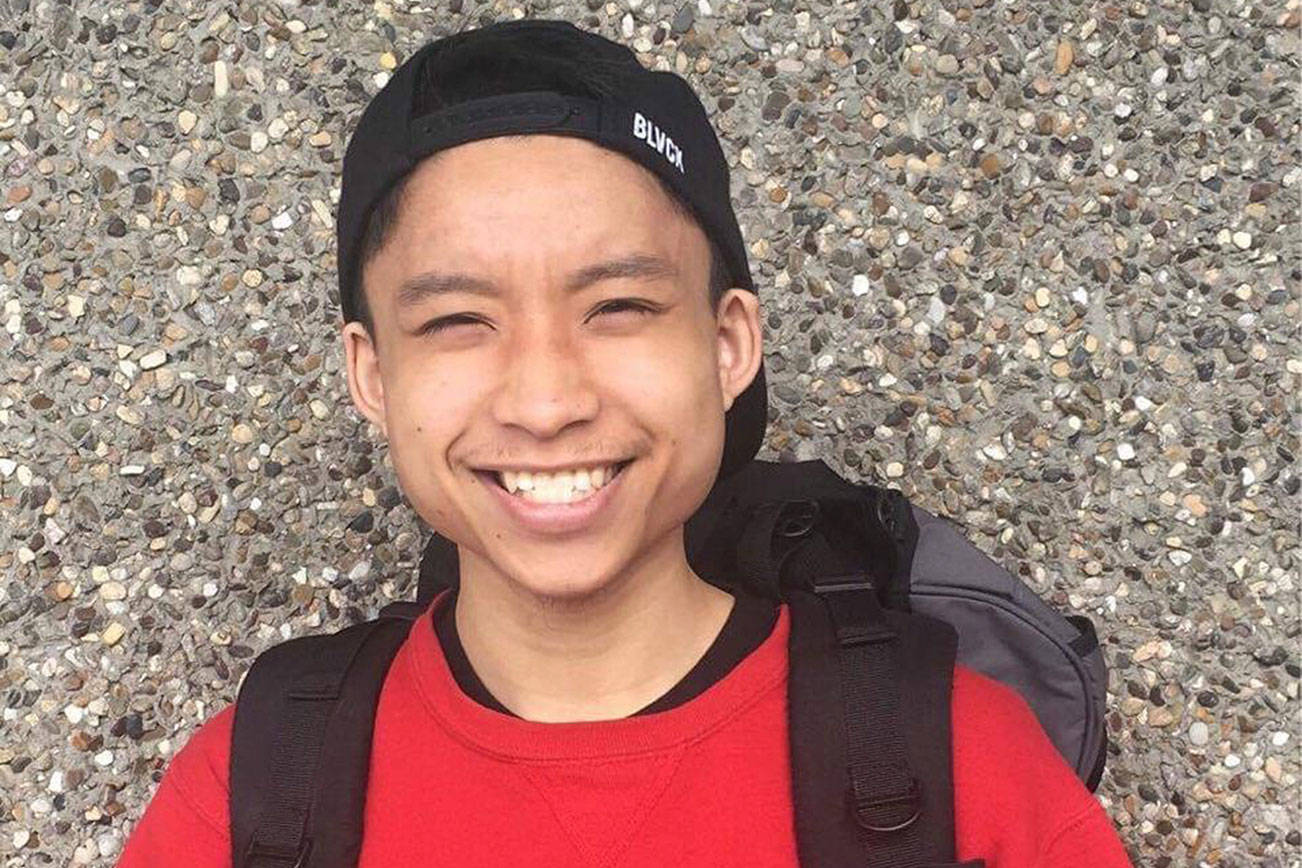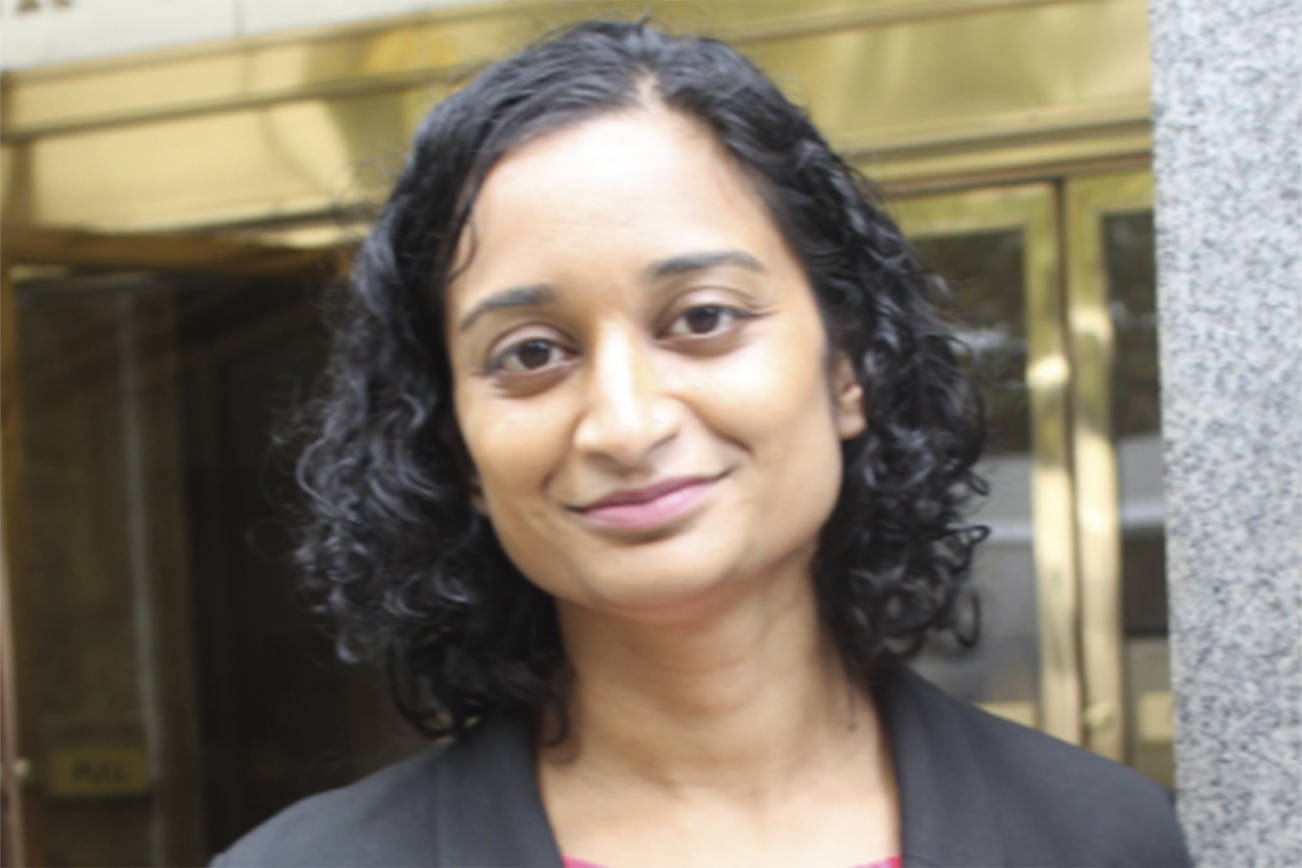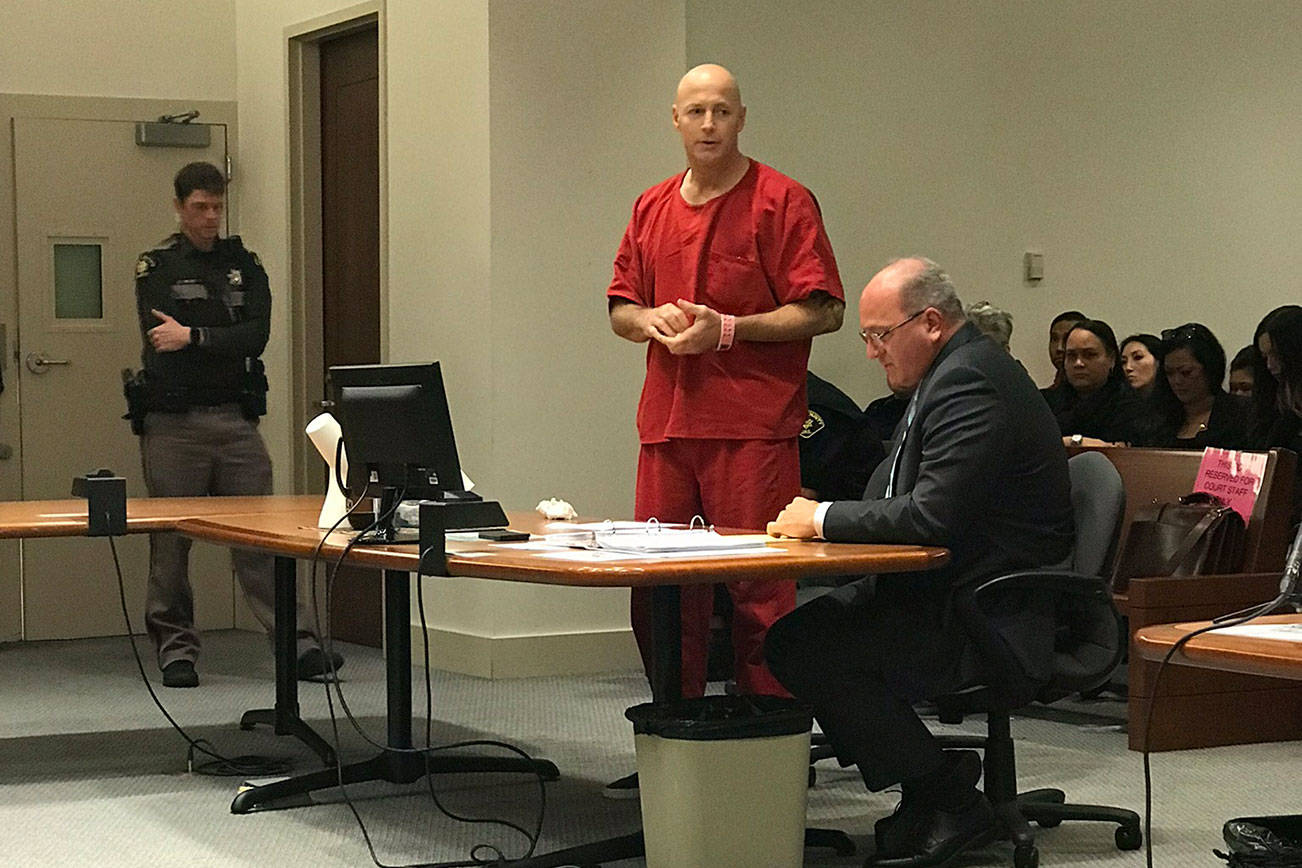Citing the distribution of inaccurate information by the King County Sheriff’s Office following the 2017 fatal shooting of Tommy Le by a deputy, a new report says that the law enforcement agency needs to reform its public communication policies.
The 33-page analysis, conducted pro bono by the University of Florida’s Brechner Center for Freedom of Information on behalf of Sheriff’s Office official watchdog, the King County Office of Law Enforcement Oversight (OLEO), argues that Sheriff’s Office should work proactively to provide timely information about police shootings, acknowledge and correct inaccurate previously distributed information, ensure efforts are made to reach non-English speaking populations, notify the family members of victims of police shooting incidents prior to contacting the media, and refrain from publicizing any prior arrests of the individual that did not result in a conviction or guilty plea.
“What appears in the press about an incident has a profound impact on the public’s perception of an incident, as well as on the loved ones of anyone harmed during an interaction with police,” said OLEO Director Deborah Jacobs in a statement released on a June 12, after the report was presented to the King County Council’s Law and Justice Committee. “It’s important that the Sheriff’s Office have policies that build trust and legitimacy with communities by ensuring communications originating from their office are accurate, timely, and respectful.”
As a “case study” in flawed agency messaging on a high-profile police shooting, the report examined the agency’s communications in the aftermath of the death of Tomme Le, a unarmed 20-year-old Vietnamese American Burien resident who was shot by a King County Sheriff’s deputy last summer. Initially, the sheriff’s office reported that Le was holding a knife or “some sort of sharp object.” Following inquiries by Seattle Weekly, the agency revealed—nine days after the fact—that the object was merely a pen. An autopsy report later found that Le had been shot twice in the back.
“Much of the resulting press coverage [based off the initial release on the incident from the Sheriff’s office] seized on the idea that Le wielded a knife, and the Sheriff’s Office did not correct any of the inaccurate reports. ” the report reads. “On June 23, after an article in the Seattle Weekly broke the story, the Sheriff’s Office issued a second statement clarifying that only a pen had been found in Le’s possession, not a knife as previously reported.”
“The Sheriff’s Office did not use social media to update the public about Le’s case,” the report continues. “No details about Le’s shooting appear on the King County Sheriff’s Office Facebook page at all. The Twitter account operated by the Sheriff’s public information officer, @KingcosoPIO, referenced the shooting twice: first to say that the public information officer was heading to the scene, and then later on the morning of June 14, to share a link to the initial Sheriff’s Office press release. No updates were posted after the date of the shooting, even after additional clarifying information came to light.”
This portion of the report was redacted in copies sent out by OLEO, but Jacobs told Seattle Weekly that this was because the investigation into Le’s death is technically still ongoing and public disclosure limitations written into the King County Police Officers Guild collective-bargaining contract. “My office is restricted from publicly discussing matters that are still under investigation,” she said. “Out of an abundance of caution, we decided to redact it.”
However, she said she wanted to get the report in front of the public without delay, hence the release of a censored version. “This is too important to wait. We need the policy change as soon as possible.”
Following the release of the report, the Sheriff’s Office sent out a statement stating that they had reviewed the documents with OLEO director Jacobs back in February and that the department is committed to transparency. “We told Ms. Jacobs then, and want to assure the public now, that transparent and truthful communication is one of the Sheriff’s top priorities … Sheriff Johanknecht is committed to continuing to have a transparent and open relationship with both the media and the public,” the release stated.
In response to the statement from the Sheriff’s Office, OLEO director Jacobs wrote in an email to Seattle Weekly that while the Sherif Johanknecht recieved the report, there has not been any actual dialogue between their offices on its contents. “The Office of Law Enforcement Oversight provided the Sheriff with a copy of the report in February. Although we continue to follow-up, we have not yet had a substantive conversation with the Sheriff’s Office about the report or the policy changes it recommends. Reassurances of transparency are welcome, but policy changes are what will help ensure against the spread of misinformation when it matters most,” she wrote.
Ryan Abbott, a Sheriff’s Office spokesperson, did not respond to questions about whether the agency would incorporate any of the recommendations of the report.
At the time of the Le shooting, Sheriff Johanknecht was a precinct commander of unincorporated areas of Southern King County near Burien, sometimes assisting the Burien captain on administrative matters. However, in a statement to Seattle Weekly, Johanknecht said that she “had nothing to do with the [Tommy Le] investigation.” Abbott clarified that the messaging decisions regarding the Tommy Le incident were made by former Sheriff John Urquhart, and subsequently passed down through the chain of command.
At the county council meeting where Jacobs presented the Brechner Center report, family members of Tommy Le—and their lawyer, Jeff Campiche—spoke about the impact of the misinformation about Tommy on their family and their frustration with the county.
“It’s been a year of unending grief, shame, and humiliation for us, and the only thing we got from the county was the word ‘sorry,’” said Xuyen Le, Tommy’s aunt. “So on this anniversary of Tommy’s death, we’re begging for more, real action, real change, accountability … we will not give up until the county decides to take responsibility for what happened to Tommy.”
“We believe, to avoid public outrage of an unarmed student of color, the Sheriff’s Office intentionally misstated the truth about the killing,” Campiche said. “Misleading the press is to mislead the public. The Le family understands this and they’re asking that there be some consequence for those actions.”
Currently, the Le family is suing the King County Sheriff’s Office and former Sheriff Urquhart in a federal civil rights case for damages over the death of Tommy. The trial date is slated for June 2019.
Last year, the Le family called the county’s inquest system for handling officer involved deaths biased in favor of deputies, leading King County Executive Dow Constantine to convene a task force to analyze the process. The county is currently reviewing the task force’s recommendations.
Update (June 15): An earlier version of this story implied that OLEO had met with the Sheriff’s Office to go over the report. While both sides have been in contact, there’s been no formal meeting
jkelety@seattleweekly.com









